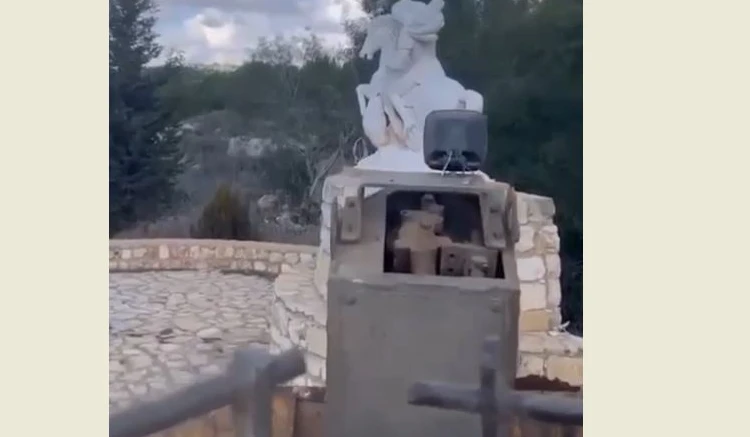226 health workers killed in Lebanon since October 2023: WHO report
 People watch as smoke rises from the site of an Israeli airstrike that targeted Beirut's southern suburbs on November 21, 2024, amid the ongoing war between Israel and Hezbollah. (AFP Photo)
People watch as smoke rises from the site of an Israeli airstrike that targeted Beirut's southern suburbs on November 21, 2024, amid the ongoing war between Israel and Hezbollah. (AFP Photo)
Since October 7, 2023, 226 health workers have been killed in Lebanon amid ongoing cross-border violence between Israel and Hezbollah, according to a World Health Organization (WHO) report released Friday.
The casualty rate among health workers in Lebanon is the highest globally, with nearly half of all attacks on health care resulting in fatalities.
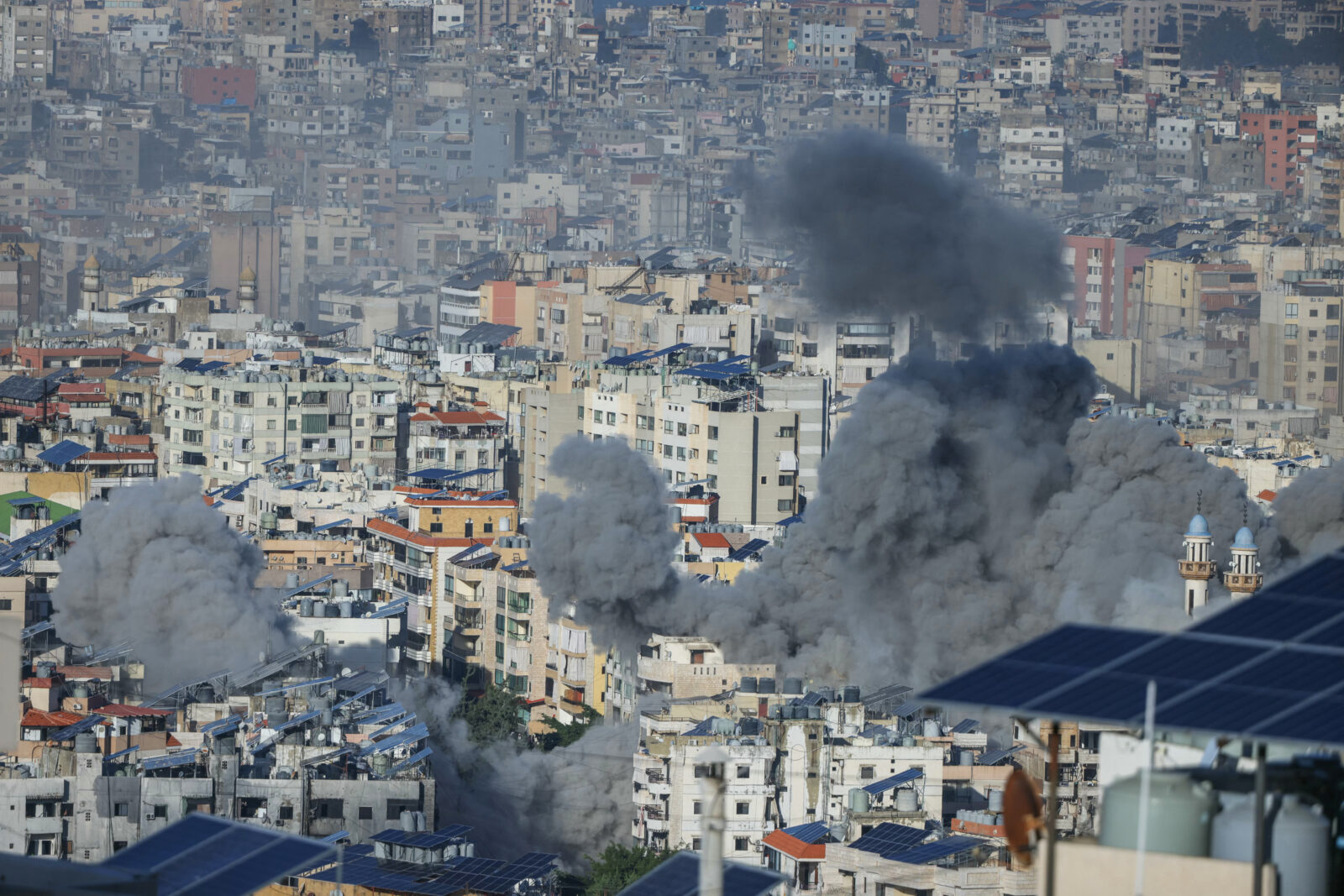
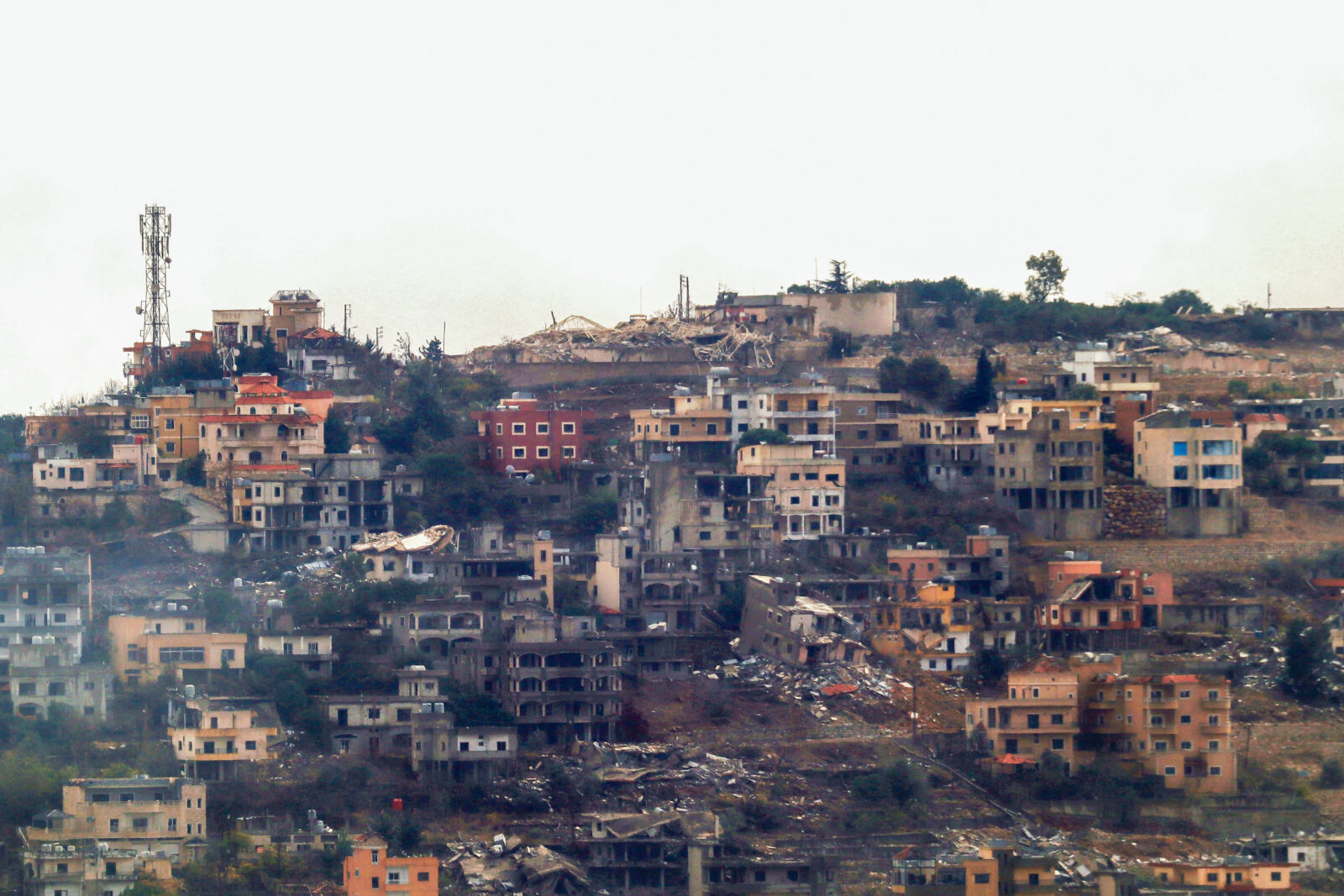
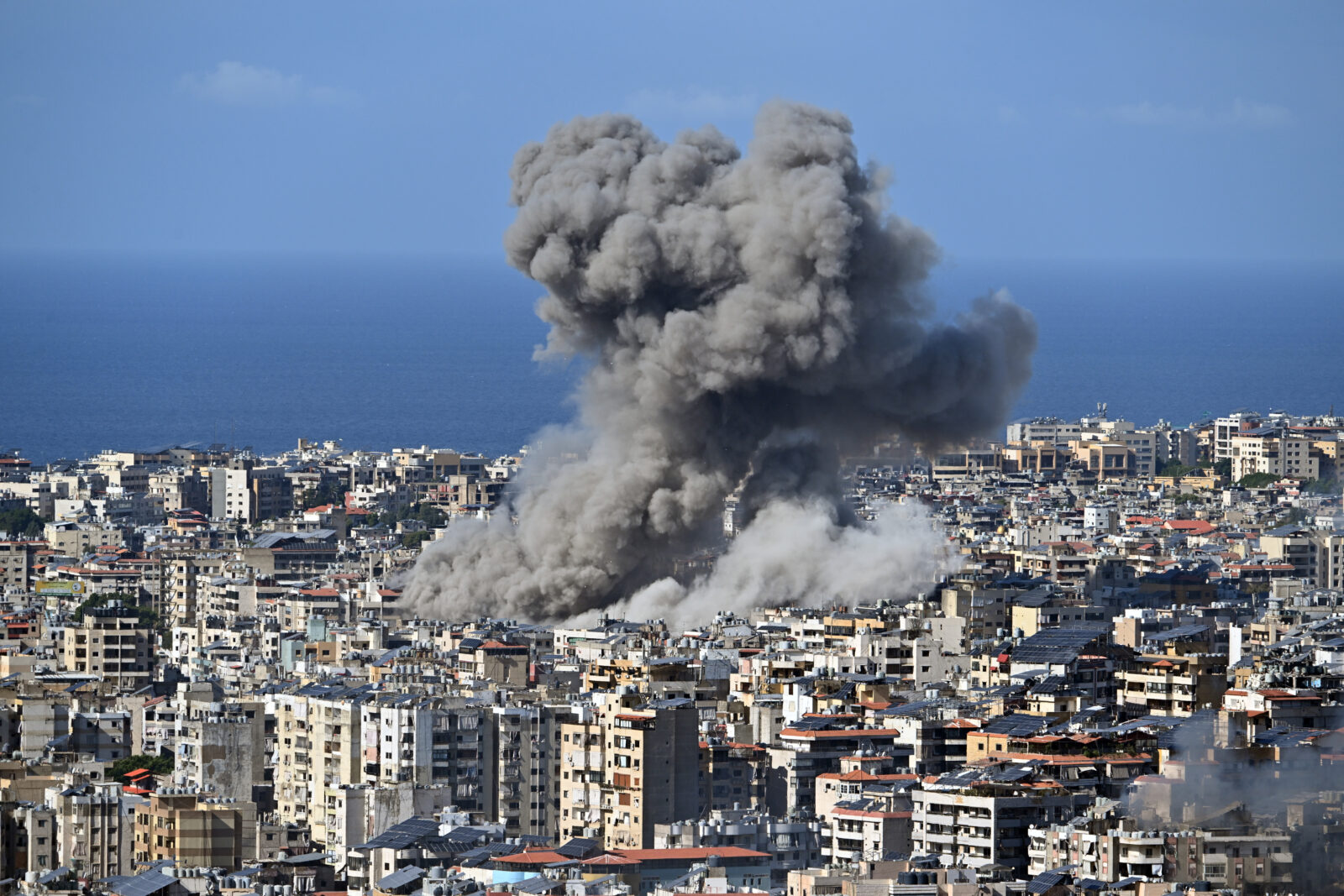
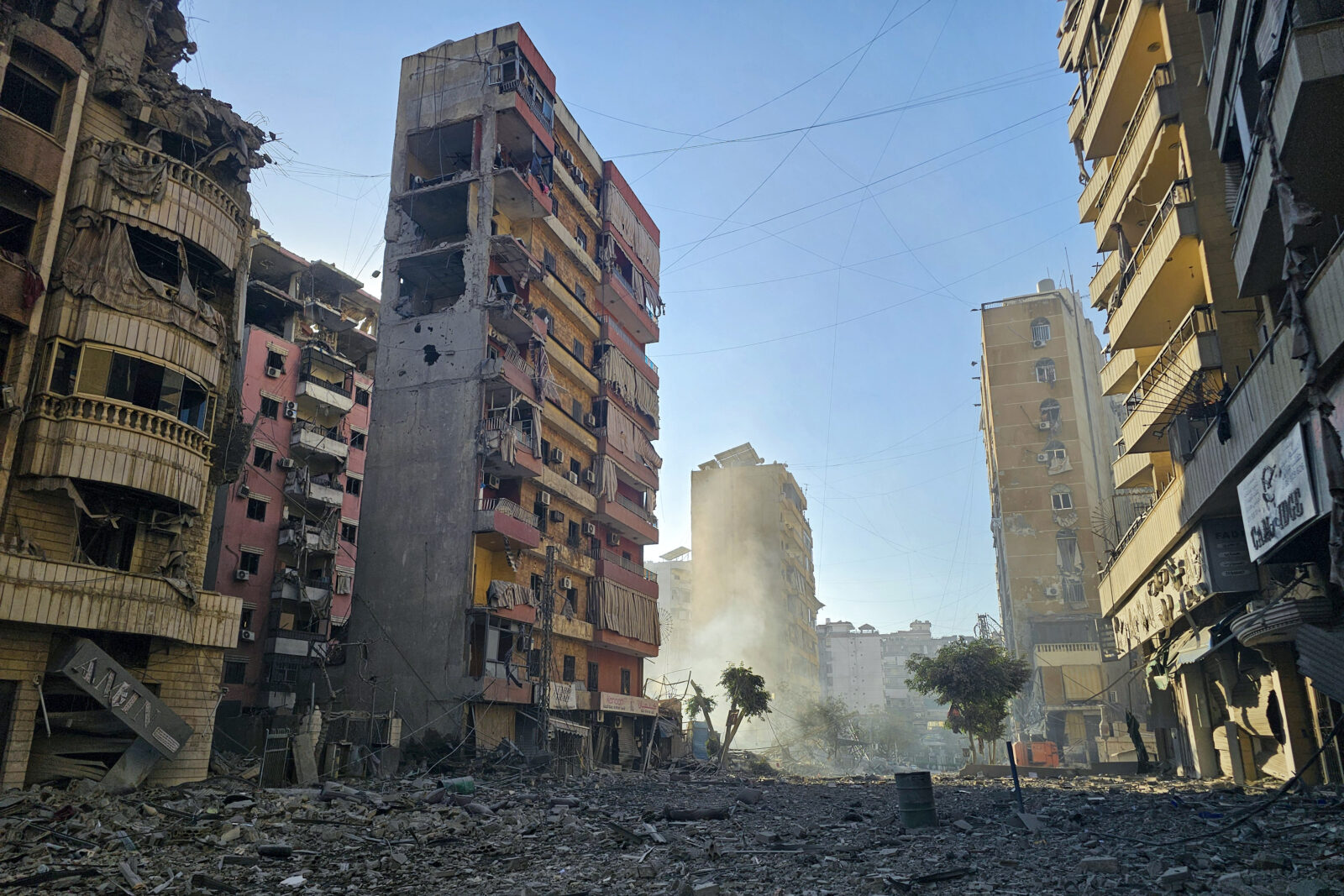
Lebanon’s health crisis: A global outlier
WHO data reveals that 47% of attacks on health care in Lebanon since October 2023 have led to at least one fatality, significantly higher than the global average of 13.3%. The report noted that Lebanon has registered 137 attacks on health care facilities during this period, with 65 proving deadly.
“These figures reveal yet again an extremely worrying pattern. It’s unequivocal – depriving civilians of access to lifesaving care and targeting health providers is a breach of international humanitarian law. The law prohibits the use of health facilities for military purposes – and even if that is the case, stringent conditions to taking action against them apply, including a duty to warn and to wait after warning,” said WHO Representative in Lebanon Dr Abdinasir Abubakar.
Casualty numbers among health workers of this scope would debilitate any country, not just Lebanon. But what the numbers alone cannot convey is the long-term impact, the treatments for health conditions missed, women and girls prevented from accessing maternal, sexual and reproductive health services, undiagnosed treatable diseases and, ultimately, the lives lost because of the absence of health care. That is the impact that’s hard to quantify
WHO Representative in Lebanon Dr Abdinasir Abubakar

RESTRICTED TO EDITORIAL USE – MANDATORY CREDIT “AFP PHOTO / PLANET LABS PBC ” – NO MARKETING NO ADVERTISING CAMPAIGNS – DISTRIBUTED AS A SERVICE TO CLIENTS /
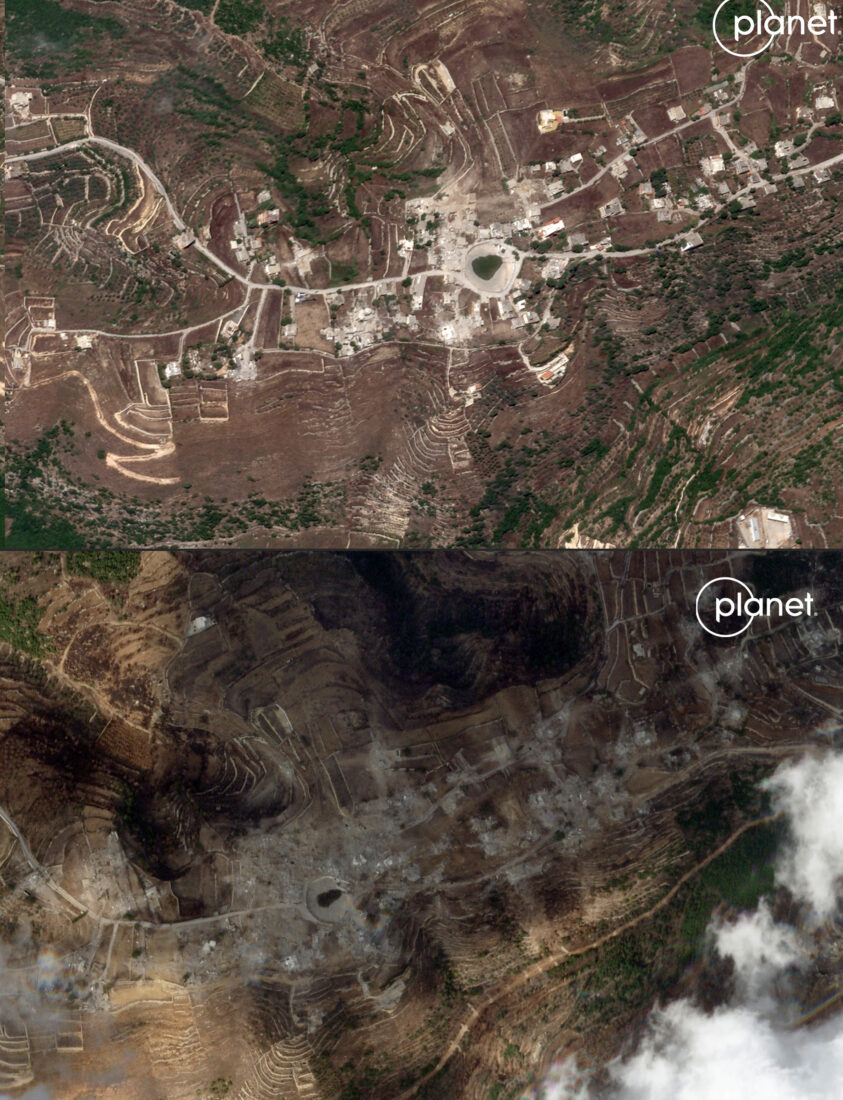
RESTRICTED TO EDITORIAL USE – MANDATORY CREDIT “AFP PHOTO / PLANET LABS PBC ” – NO MARKETING NO ADVERTISING CAMPAIGNS – DISTRIBUTED AS A SERVICE TO CLIENTS /
Regional context and comparative data
Lebanon is one of three countries most affected by attacks on health care, alongside the occupied Palestinian territory and Israel.
Since October 2023, the Surveillance System for Attacks on Health Care (SSA) has recorded 1,401 such incidents across these regions: 1,196 in Palestine, 137 in Lebanon, and 68 in Israel.
“There need to be consequences for not abiding by international law, and the principles of precaution, distinction and proportionality should always be adhered to. It’s been said before, indiscriminate attacks on health care are a violation of human rights and international law that cannot become the new normal, not in Gaza, not in Lebanon, nowhere,” said WHO Regional Director for the Eastern Mediterranean Dr. Hanan Balkhy.
“Attacks on health care of this scale cripple a health system when those whose lives depend on it need it the most. Beyond the loss of life, the death of health workers is a loss of years of investment and a crucial resource to a fragile country going forward,” Dr. Balkhy concluded.
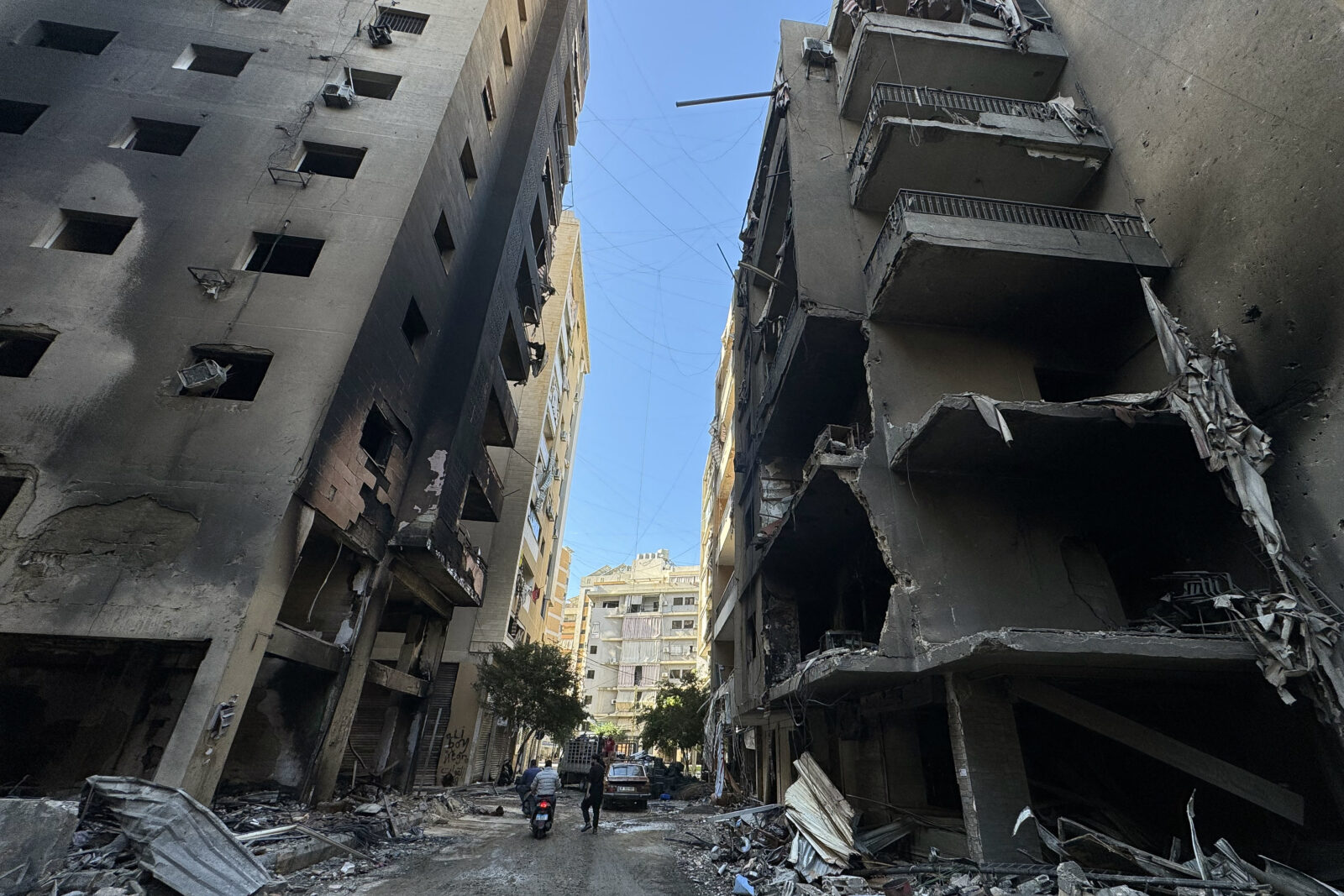
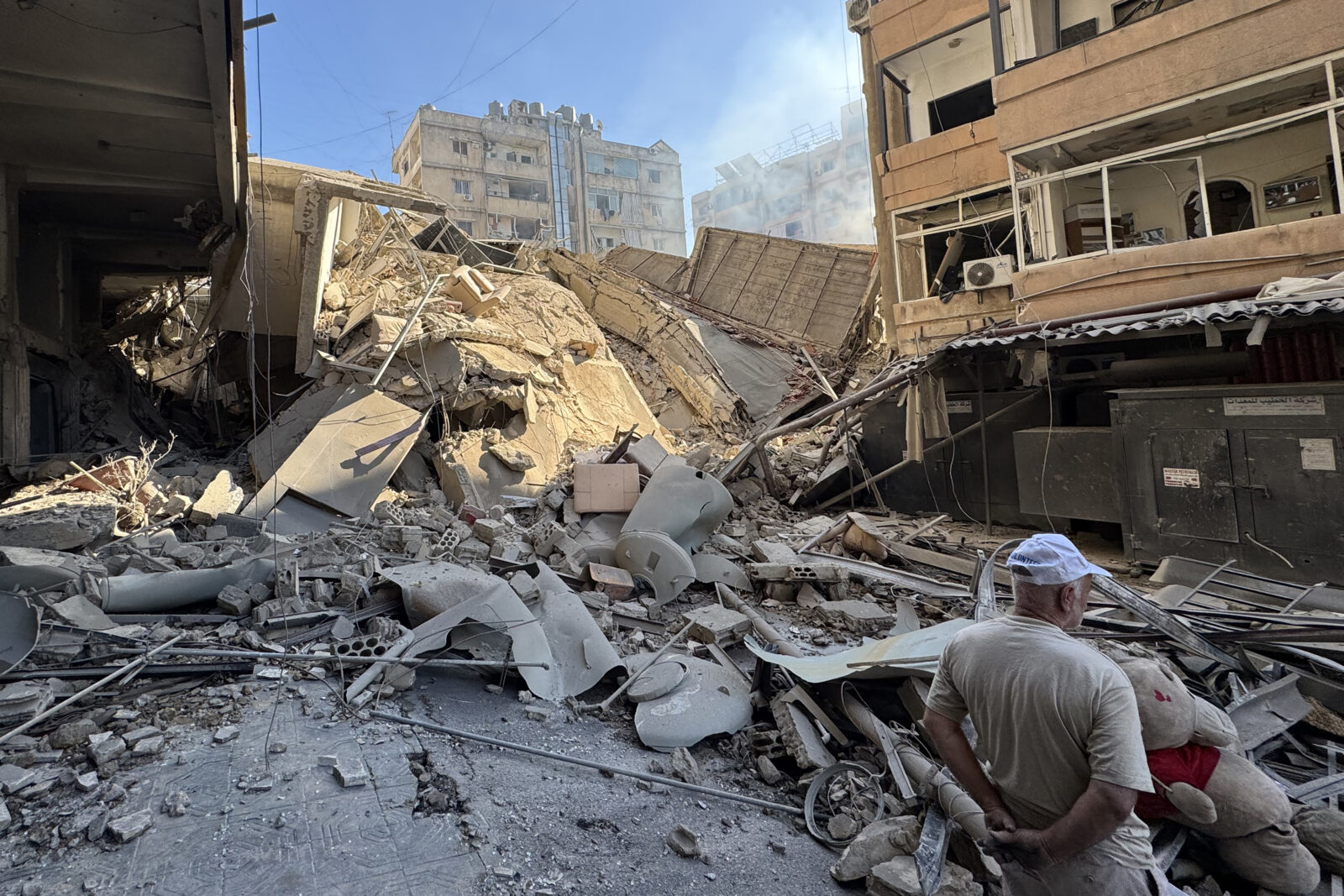
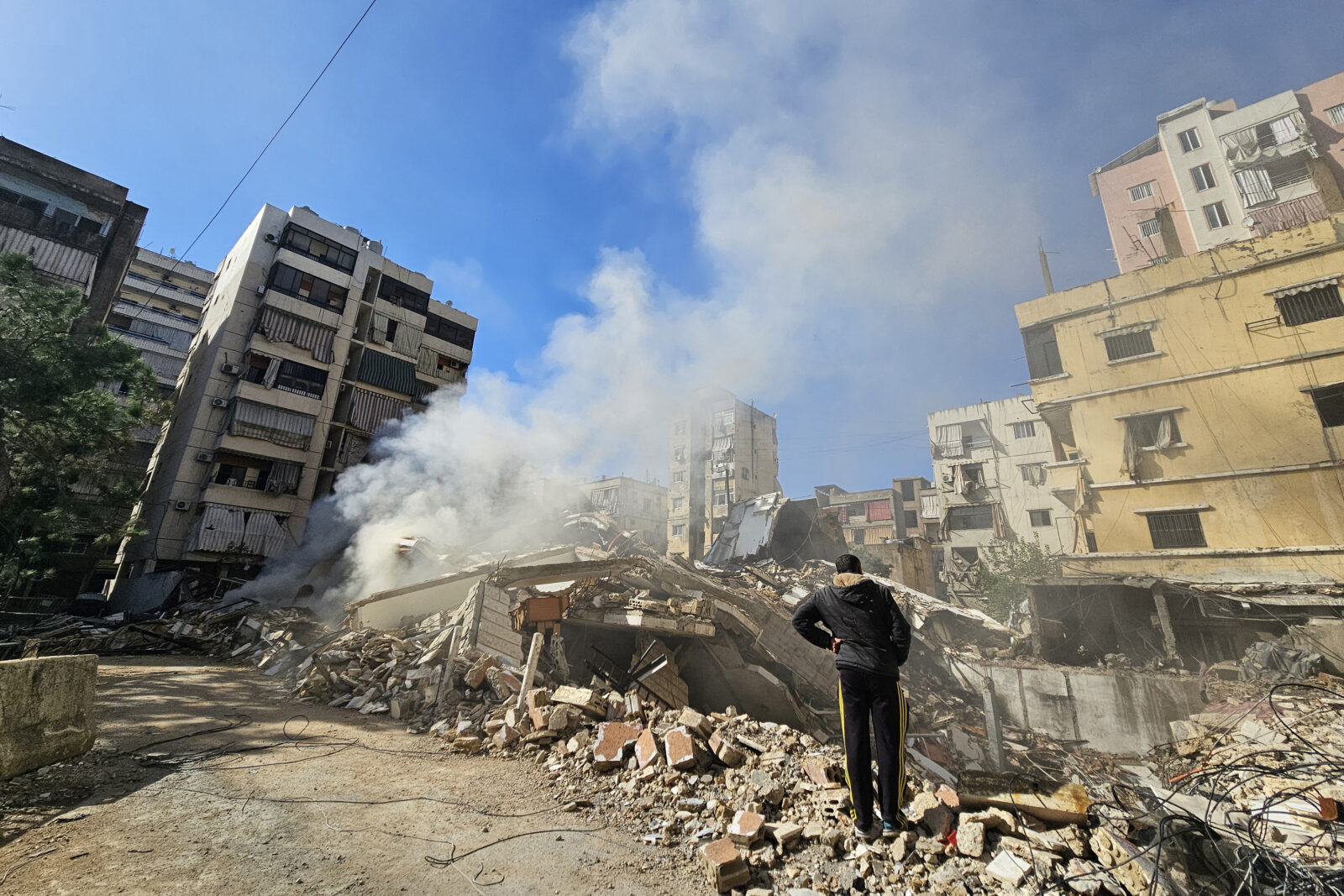
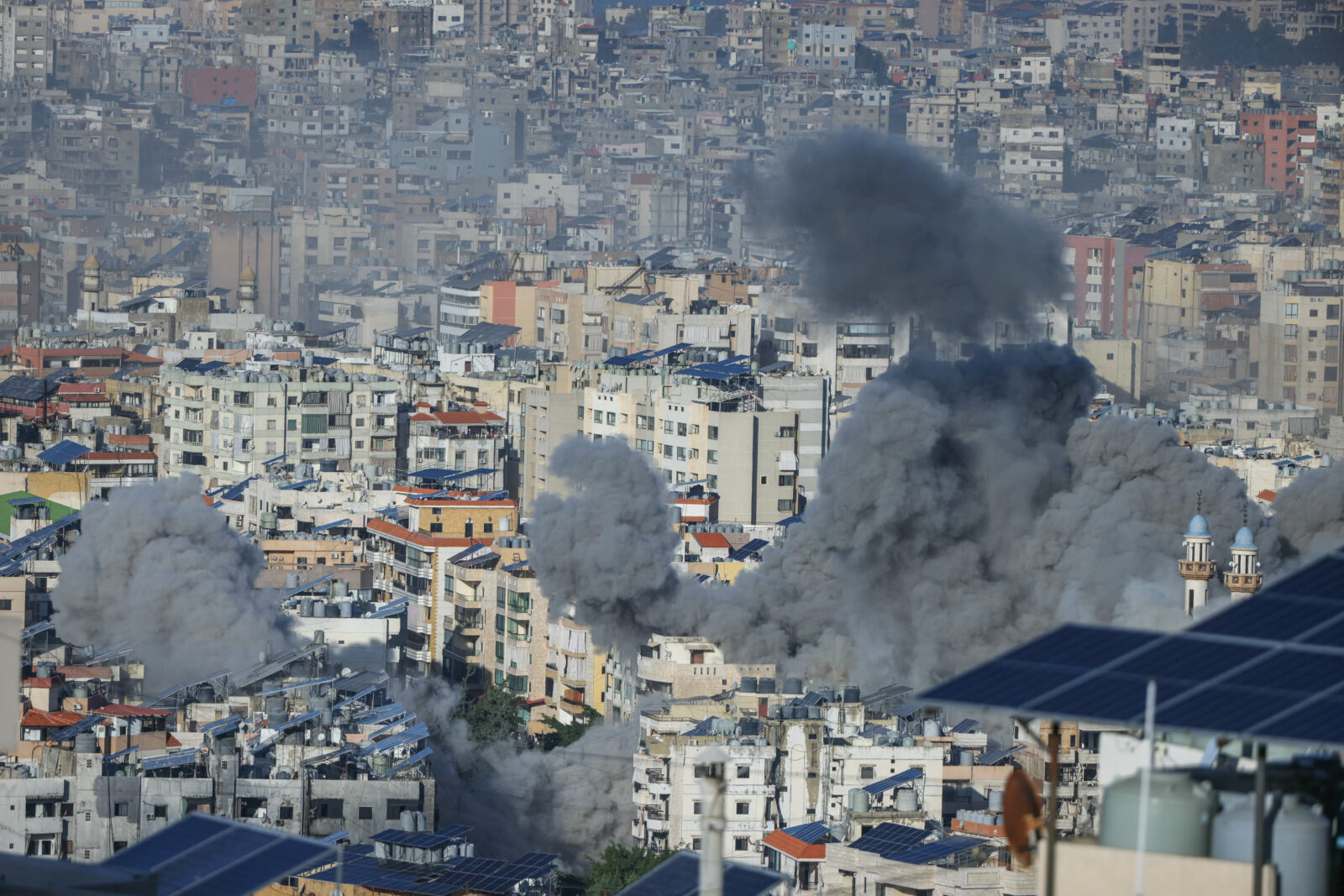
Impact on Lebanon’s health infrastructure
The Israeli attacks have critically weakened Lebanon’s health system.
WHO reported that 15 out of 153 hospitals in the country are either partially functioning or have ceased operations entirely. In Nabatieh, one of Lebanon’s eight governorates, 40% of hospital bed capacity has been lost.
